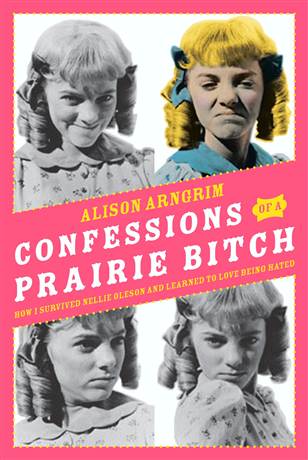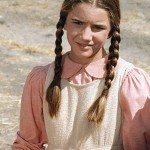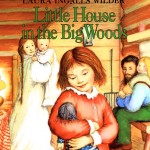Right now, I’m reading Alison Arngrim’s memoir, Confessions of a Prairie Bitch. I randomly came across it on my public library e-catalog and decided it might be fun to read. It came out 2 summers ago, around the same time that another Little House memoir I want to read was published: The Wilder Life. It’s fun to read some of the behind-the-scenes details about mean-girl Mary (Melissa Sue Anderson) or Alison Arngrim’s BFF, Melissa Gilbert. But, what really struck me about the book was how Arngrim used it to not only humanize Nellie, but to argue for the value of being a bitch. In reflecting on why she came to love Nellie, she writes:
She transformed me from a shy, abused little girl afraid of her own shadow to the in-your-face, outspoken, world-traveling, politically active, big-mouthed bitch I am today. She taught me to fight back, to be bold, daring, and determined, and, yes, to be down-right sneaky when I needed to be.
Her valuing of bitchiness might be partly a gimmick for selling books, but I was surprised to see how it was informed by her experiences of being bullied and abused (by her brother) and by a critique of gender conformity (she repeatedly discusses her disdain for strict gender rules/roles and mentions her awareness of/connections to transgender folks, like Christine Jorgensen).
Reading this book makes me want to rethink my assessment of half-pint as the only virtuous troublemaker on Little House. Is there room to imagine Nellie Oleson as a troublemaker who challenges the system? Hmmm….maybe if we imagine her role as excessive parody (not sure if I buy it). Now, I want to go back and watch the troublemaker episode again and view it from the anti-hero’s (Nellie’s) perspective.




